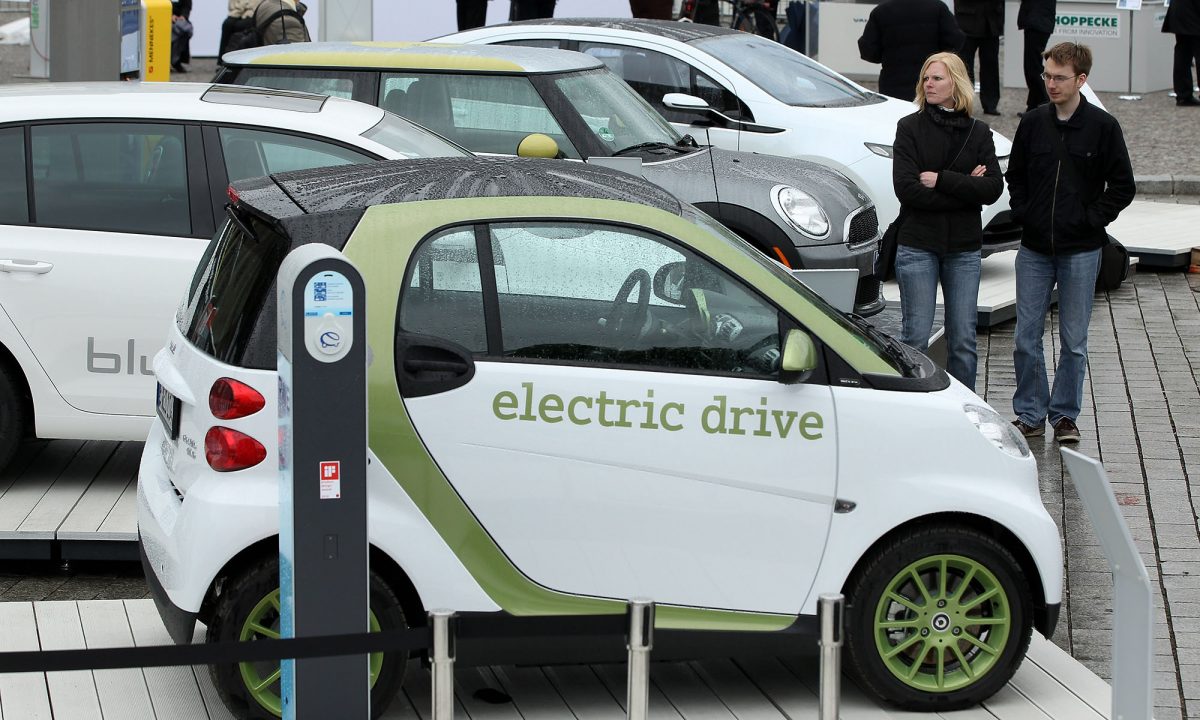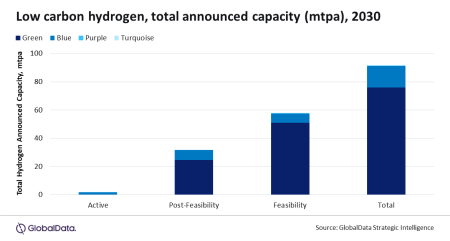… To reach 125 million by 2030

OpeOluwani Akintayo
01 June 2018, Sweetcrude, Lagos – Over 1 million electric cars were sold in 2017, newest report by the International Energy Agency, IEA, has revealed.
According to the report, titled ‘Global EV outlook 2018: 3 million and counting’, the more than 1 million cars sold last year is a new record with more than half of global sales in China.
The report stated that the total number of electric cars on the road surpassed 3 million worldwide, an expansion of over 50% from 2016.
In terms of share, Norway remains the world’s most advanced market for electric car sales, with over 39% of new sales in 2017.
Iceland follows at 11.7%, then Sweden at 6.3%.
Private chargers at homes and workplaces were estimated to number almost 3 million worldwide in 2017.
In addition, there were about 430 000 publicly accessible chargers worldwide in 2017, one-quarter of which were fast chargers.
Fast chargers are especially important in densely populated cities and are also essential to increase the appeal of EVs by enabling long-distance travel.
In terms of cost, the report said there have been significant cost reductions and improved performance of batteries, mostly due to increased production and investment with the rapid spread of consumer electronics.
On the outlook for EV, IEA said the number of electric cars on the road will hit 125 million by 2030 under its New Policies Scenario.
With rising ambitions to meet climate goals and other sustainability targets, as in the EV30@30 Scenario, the number of electric cars on the road could be as high as 220 million in 2030, the group added.
Most people will charge their EVs at home or work
Private chargers are expected to outnumber electric cars by 10% in 2030.
This takes into account relatively fewer opportunities for households to install chargers – as more people without access to a parking space purchase electric cars – but at the same time increased the availability of chargers at workplaces.
The future of EVs hinges on demand for scarce materials
The shift to EVs will increase demand for some materials, in particular, cobalt and lithium. Ongoing developments in battery chemistry aim to reduce their cobalt content, yet even accounting for this, the cobalt demand for EVs is expected to be over 25 times larger in the EV30@30 scenario.
EVs can help avoid substantial CO2 emissions
Electric vehicles represent significant avoided CO2 emissions, even without grid decarbonisation, according to the report.
However, in the IEA’s Sustainable Development Scenario, the decarbonisation of the power grid could more than double the well-to-wheel CO2 emissions reductions from the electrification of transport.



